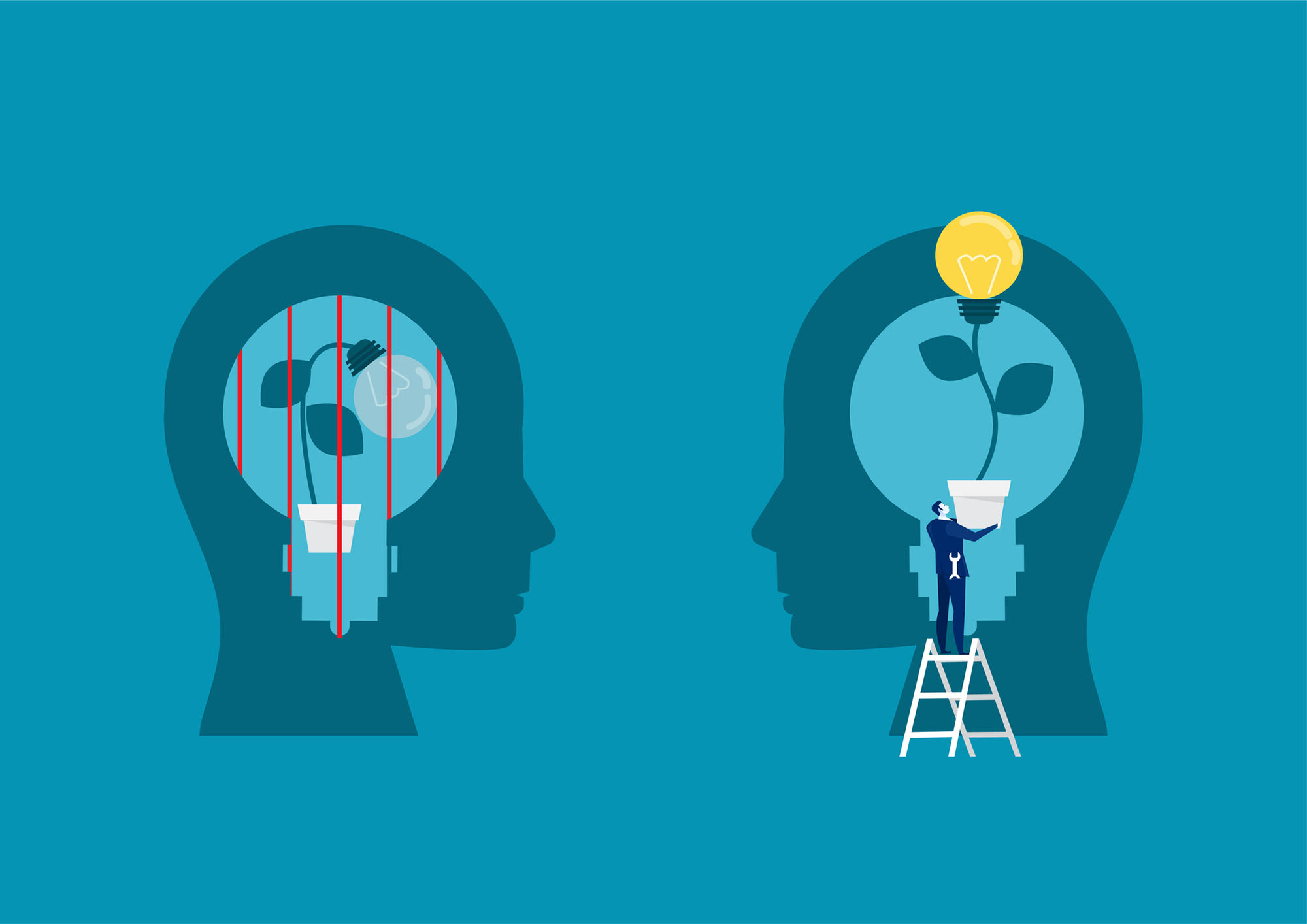In today’s fast-paced world, the prevalence of psychological disorders is on the rise, prompting individuals to seek alternative approaches for managing mental health issues. Ayurveda, an ancient system of medicine originating from India, offers valuable insights and remedies for addressing psychological disturbances from a holistic perspective.
Central to Ayurvedic philosophy is the concept of mind-body unity, emphasizing the interconnectedness of physical health, mental well-being, and spiritual harmony. According to Ayurveda, psychological disorders are often the result of imbalances in the three doshas—Vata, Pitta, and Kapha—which govern various physiological and psychological functions.
Vata imbalance is associated with conditions such as anxiety, insomnia, and nervousness, characterized by erratic energy and mental restlessness. Pitta imbalance, on the other hand, can manifest as anger, irritability, and perfectionism, driven by excess heat and intensity. Kapha imbalance often leads to lethargy, depression, and attachment, stemming from stagnation and heaviness.
Ayurvedic treatment strategies for psychological disorders focus on restoring doshic balance through a combination of dietary modifications, lifestyle adjustments, herbal remedies, and mind-body practices. Diet plays a crucial role in Ayurveda’s approach to mental health, with an emphasis on consuming foods that pacify aggravated doshas and promote equilibrium.

Individuals with Vata imbalances are advised to favor warm, nourishing foods that provide stability and grounding, while those with Pitta imbalances benefit from cooling, calming foods that soothe excess heat. Kapha imbalances are addressed with light, stimulating foods that counteract stagnation and promote vitality.
In addition to dietary changes, Ayurveda emphasizes the importance of lifestyle modifications to support mental well-being. Establishing a daily routine aligned with natural rhythms, getting adequate rest, engaging in regular exercise, and managing stress through practices like yoga and meditation are essential for maintaining doshic balance and promoting emotional resilience.
Herbal remedies play a significant role in Ayurvedic treatment protocols for psychological disorders, with a wide range of medicinal plants known for their calming, balancing, and rejuvenating properties. Adaptogenic herbs like ashwagandha, brahmi, and jatamansi are particularly renowned for their ability to support the nervous system, reduce stress, and enhance cognitive function.
Mind-body practices form an integral part of Ayurvedic therapy, offering powerful tools for cultivating self-awareness, emotional stability, and inner peace. Yoga, meditation, pranayama, and mindfulness techniques are tailored to balance the doshas, calm the mind, and promote holistic well-being.
In conclusion, Ayurveda offers a holistic approach to managing psychological disorders, addressing imbalances at the root cause and restoring harmony at the physical, mental, and spiritual levels. By integrating dietary modifications, lifestyle adjustments, herbal remedies, and mind-body practices, individuals can embark on a transformative journey towards optimal mental health and well-being.